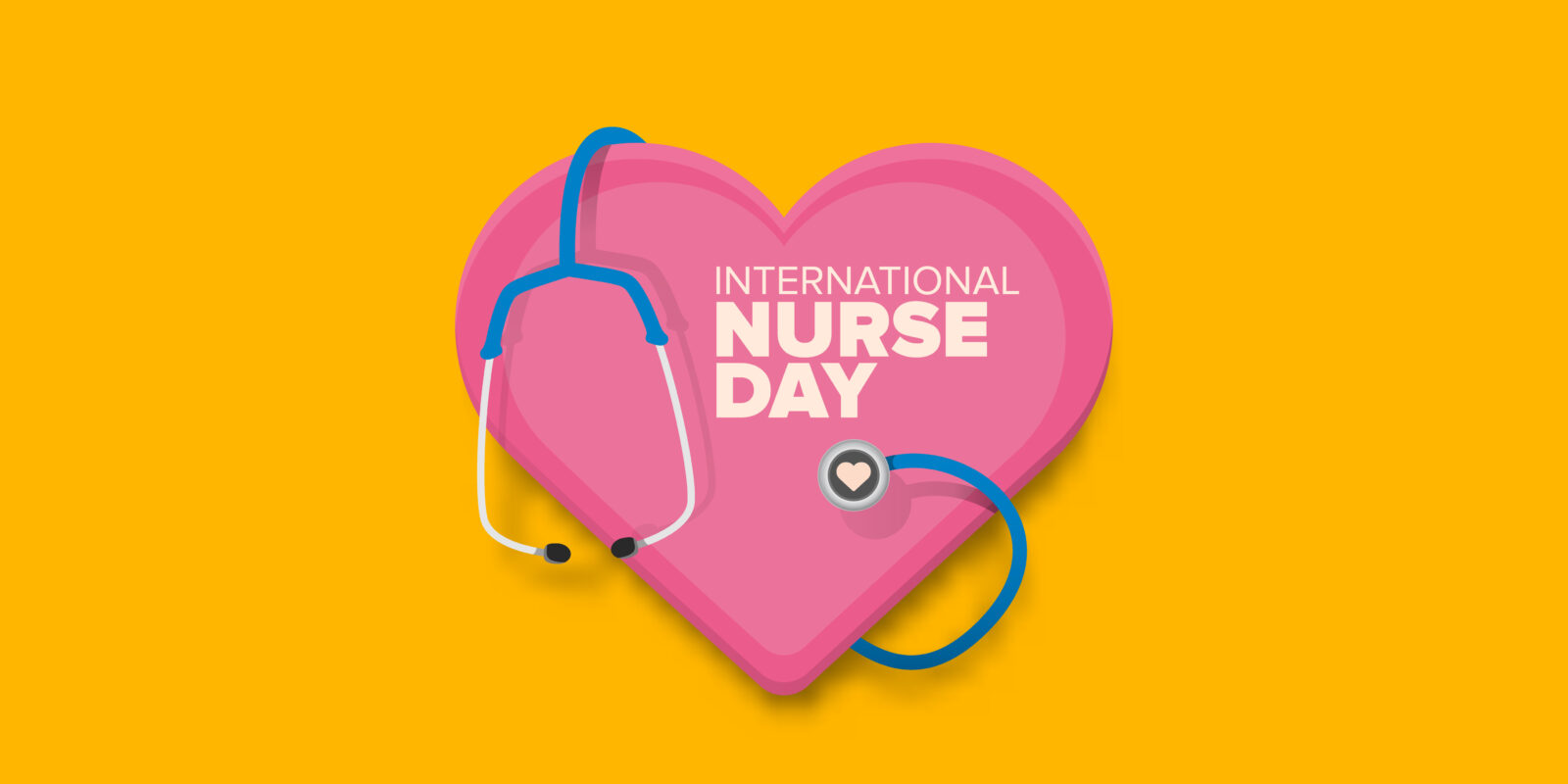By: Kelly Guzman, MN, RN, FAAN
When we think about the role nurses play in society, we often picture their bedside care, their dedication to communities, and their advocacy for better patient outcomes. What we rarely consider is the profound impact they have on strengthening economies.
This year’s International Nurses Day theme, “Our Nurses. Our Future. Caring for Nurses Strengthens Economies,” highlights the vital role nurses play not only in healthcare systems but also in economic resilience. At the heart of this theme is the recognition that investing in nurses—professionally and personally—directly translates into better patient care, lower disease rates, and a more productive workforce.
As a nurse, I can attest to how important professional and personal support is in shaping the quality of care nurses provide. When nurses feel valued, they deliver exceptional service, ultimately leading to improved patient outcomes. This, in turn, helps maintain a healthy, engaged workforce—one that actively drives economic value.
As a business owner, I often reflect on what support I can provide to ensure my teams are happy at work. Recently, I read “The Good Life: Lessons from the World’s Longest Scientific Study of Happiness” by Robert Waldinger, M.D., and Marc Schulz, Ph.D., and I saw strong parallels between its key findings and this year’s theme. The book explores the importance of workplace relationships, highlighting how social connections influence happiness, health, and productivity—all factors that directly impacting our economy.
Over the past few years, discussions around mental health, happiness, and work-life balance have become more prominent, reshaping conversations about employee well-being. The book, based on a longitudinal study that began in 1938, highlights one central truth, good relationships are essential for a fulfilling life.
Many of us spend eight or more hours a day at work, and for my team, those hours often extend into full weeks of travel. Building meaningful workplace relationships is not just a nice-to-have but is critical to mental health, resilience, and overall success. Having colleagues who genuinely care for one another fosters a supportive environment, boosting morale and reinforcing engagement.
Research shows that employees who have a “best friend” at work are more engaged and perform better than those without strong workplace connections. This investment in relationships is worthwhile for everyone, benefiting employees, organizations, and the broader economy. Personally, I feel incredibly lucky to have lifelong work best friends, people who have challenged my thinking, kept me grounded, and lifted me up when I needed encouragement. Who’s your best friend at work? If you have yet to find your work bestie, I encourage you to reach out and build those connections. Work is work, but it’s the people who make it rewarding—or at the very least, more tolerable!
After more than 30 years as a nurse, I find myself reflecting on the incredible impact this profession has had on my own happiness. I feel deeply grateful to be part of one of the world’s most trusted professions, one where every action has the potential to positively shape lives in ways both big and small.
To my mentors, colleagues, and those who have encouraged me to take bold steps—including starting my own business—thank you. To my fellow nurses, I wish you all a Happy International Nurses Day!


